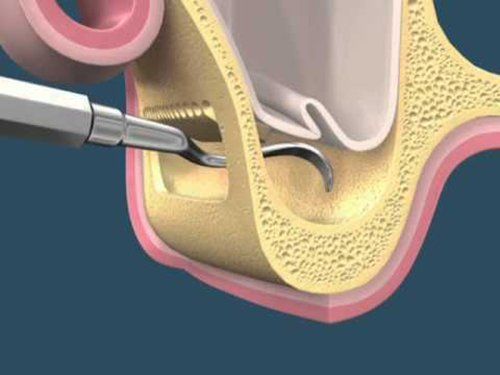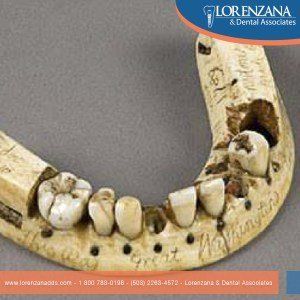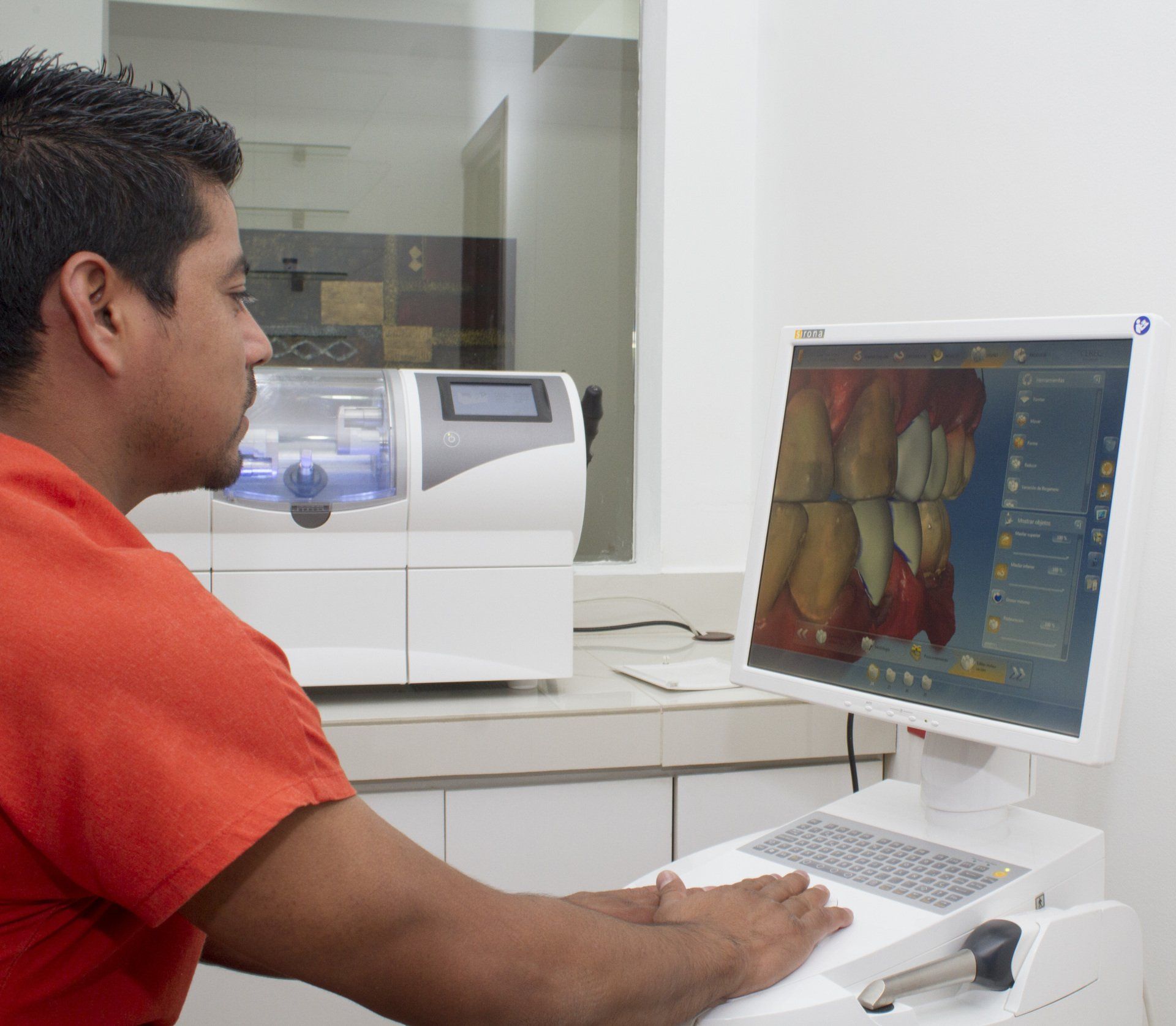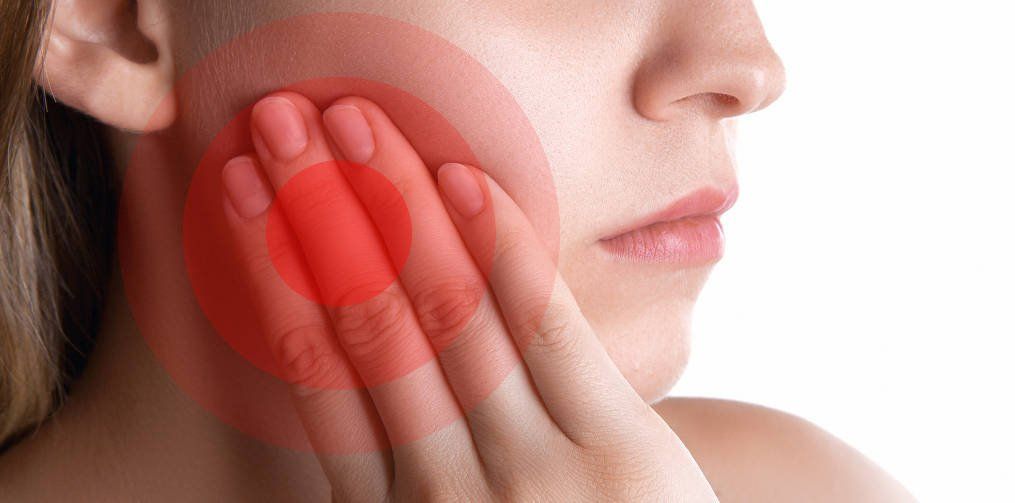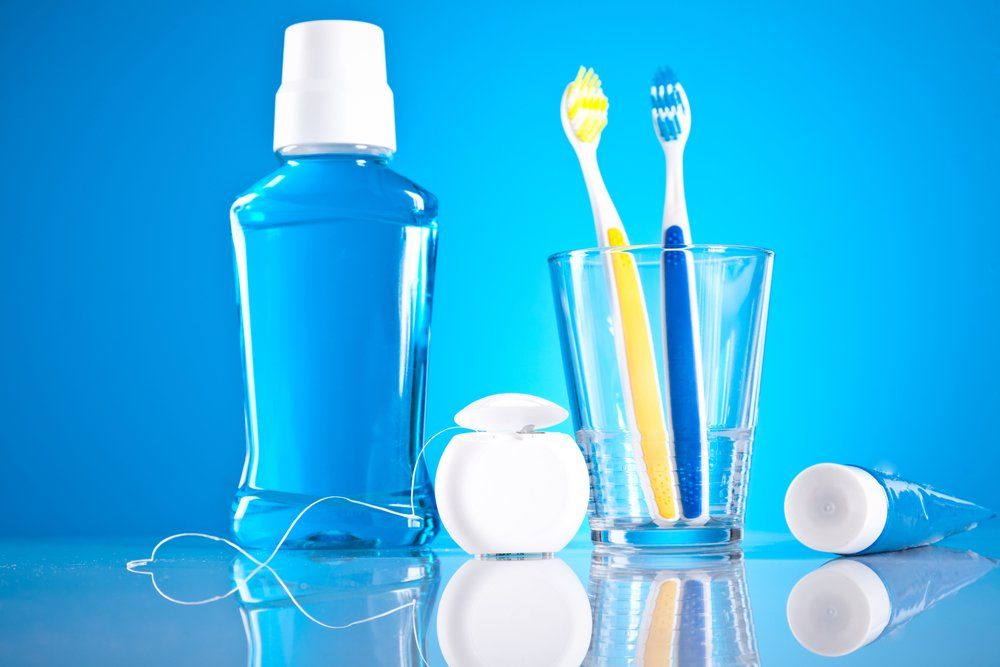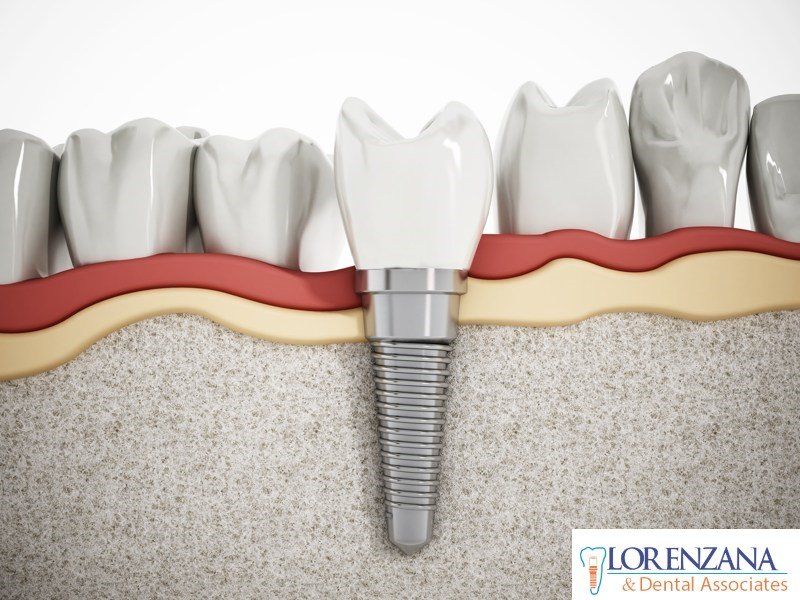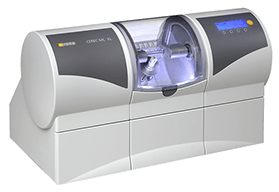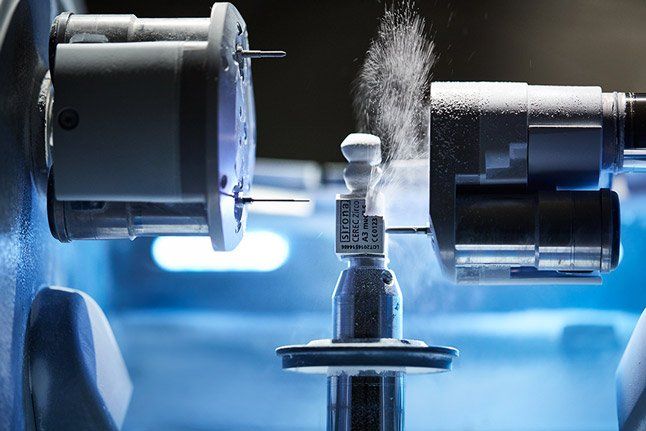Getting Dental Implants - Subsequent Care
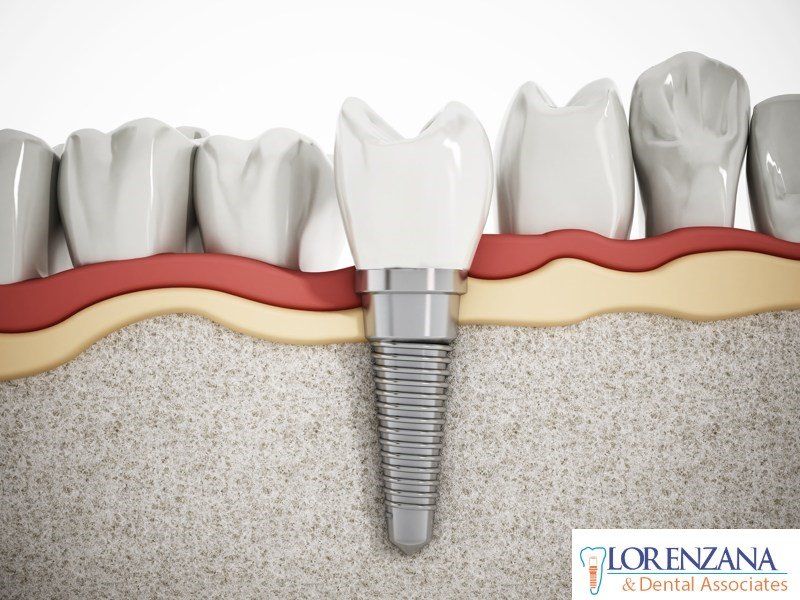
Immediately After Surgery
After a surgery, regardless of its dimensions, it is necessary that patients follow the doctor’s indications in order to recover well and quickly.
POST-SURGICAL CARE
- Patients should rest the day of
the surgery and the day after. This is the most delicate period, and is
important to avoid complications.
- Patients need to avoid spitting, speaking, and chewing on the site of surgery. Movements and/or pressure may cause some lesion and extend recovery time.
- Patients should not smoke. The components in cigarettes increase the probability of complications and infections.
- 24 hours after surgery, patients can
start to gently rinse their mouth.
DIET TO FOLLOW
The following list details the requisite diet for patients who have just undergone a dental implants surgery:
- Do NOT drink any alcoholic or carbonated drinks.
- Maintain a soft diet. Start by eating food that practically melts in your mouth or require minimum chewing effort, such as pudding, ice cream, yogurt, soup (not too hot), jello, and mashed potatoes. Preferably, consume cold food. By all means, avoid crunchy/hard food, such as seeds.
- After the first 48 hours, patients can slowly start to include more soft, easily-chewable food to their diet.
Long-Term Care
Dental implants are the type of teeth replacement that most closely resemble natural teeth. This similitude is not just at the aesthetic level. Dental implants also require the same "maintenance" habits as natural teeth. As such, here are the things to consider for taking care of your dental implants in the long term:
- Keep appropriate hygiene habits. This includes brushing 2-3 times a day and also flossing and using mouthwash on a daily basis.
- Visit your dentist regularly for check-ups. This will help you avoid any future complications or correct them at an early stage.
Take good care of your implants (and all your teeth), and you will have a long-lasting solution to eat all your favorite foods and smile with no excuses!
Implantes Dentales - Cuidados Subsecuentes

Inmediatamente Después de la Cirugía
Al momento de someterse a una cirugía, por pequeña que sea, es necesario seguir fielmente las indicaciones del médico para garantizar su correcta y rápida recuperación.
CUIDADOS POST QUIRÚRGICOS
- Los pacientes deben guardar reposo el día de la cirugía y el día posterior. Este es el período más delicado, por lo que es importante prevenir complicaciones.
- Los pacientes deben refrenarse de escupir y hablar, así como masticar del lado de la cirugía. Los movimientos y/o presión generada podrían causar alguna lesión y prolongar el período de recuperación.
- Los pacientes no deben fumar. Los componentes del cigarrillo aumentan las probabilidades de infección y complicaciones.
- Luego de transcurridas 24 horas desde la cirugía, se pueden comenzar a realizar enjuagues de forma suave.
DIETA A SEGUIR
La siguiente lista detalla la dieta requerida para los pacientes justo después de su cirugía:
- No beber alcohol ni bebidas carbonatadas.
- Mantener una dieta suave. Empezar por consumir alimentos que prácticamente se derritan en la boca o requieran un esfuerzo mínimo a la hora de masticar, tales como: flan, helado, yogurt, sopa (no muy caliente), gelatina y puré de papas. Preferiblemente, se deben consumir alimentos fríos. Evitar las semillas y todo tipo de alimentos crujientes/duros.
- Transcurridas 48 horas después de la cirugía, se puede comenzar a incluir en la dieta otras comidas que sean suaves y fácilmente masticables.
Cuidado a Largo Plazo
Los implantes dentales son la solución para reemplazar dientes perdidos que más se asemeja a los dientes naturales. Esta similitud no es sólo a nivel estético, pues los implantes dentales también requieren el mismo "mantenimiento" que los dientes naturales. Por esa razón, he aquí las cosas a considerar para cuidar bien de sus implantes dentales a largo plazo:
- Mantenga hábitos de higiene apropiados. Esto incluye cepillarse 2-3 veces al día, así como usar hilo dental y enjuague bucal a diario.
- Visite al dentista regularmente para evaluaciones médicas. Esto le ayudará a evitar futuras complicaciones o corregirlas en una etapa temprana.
